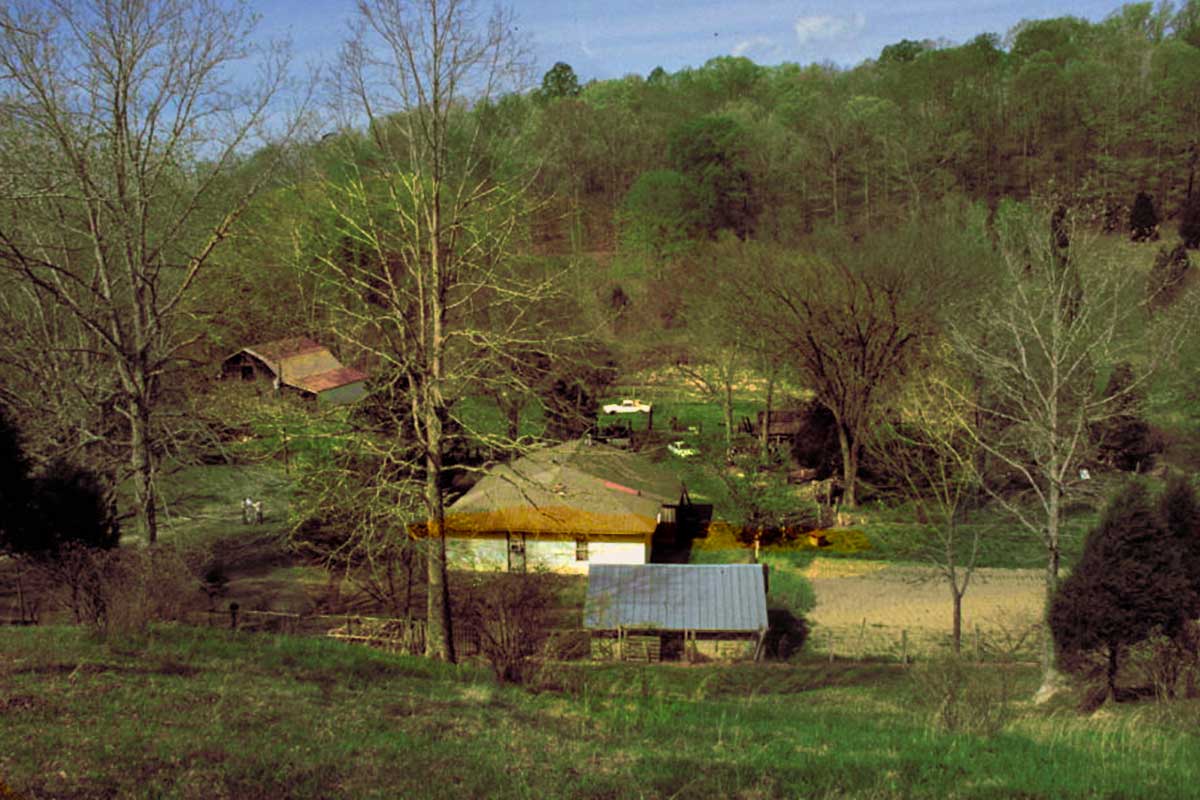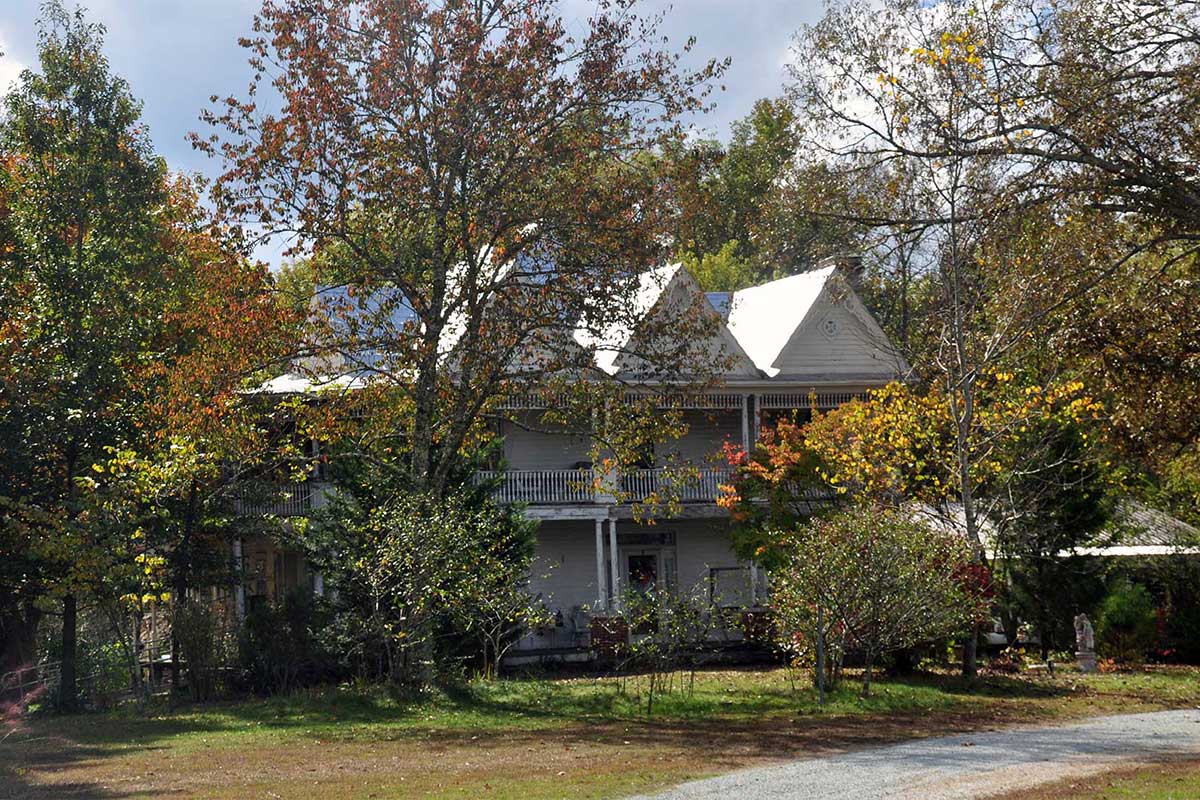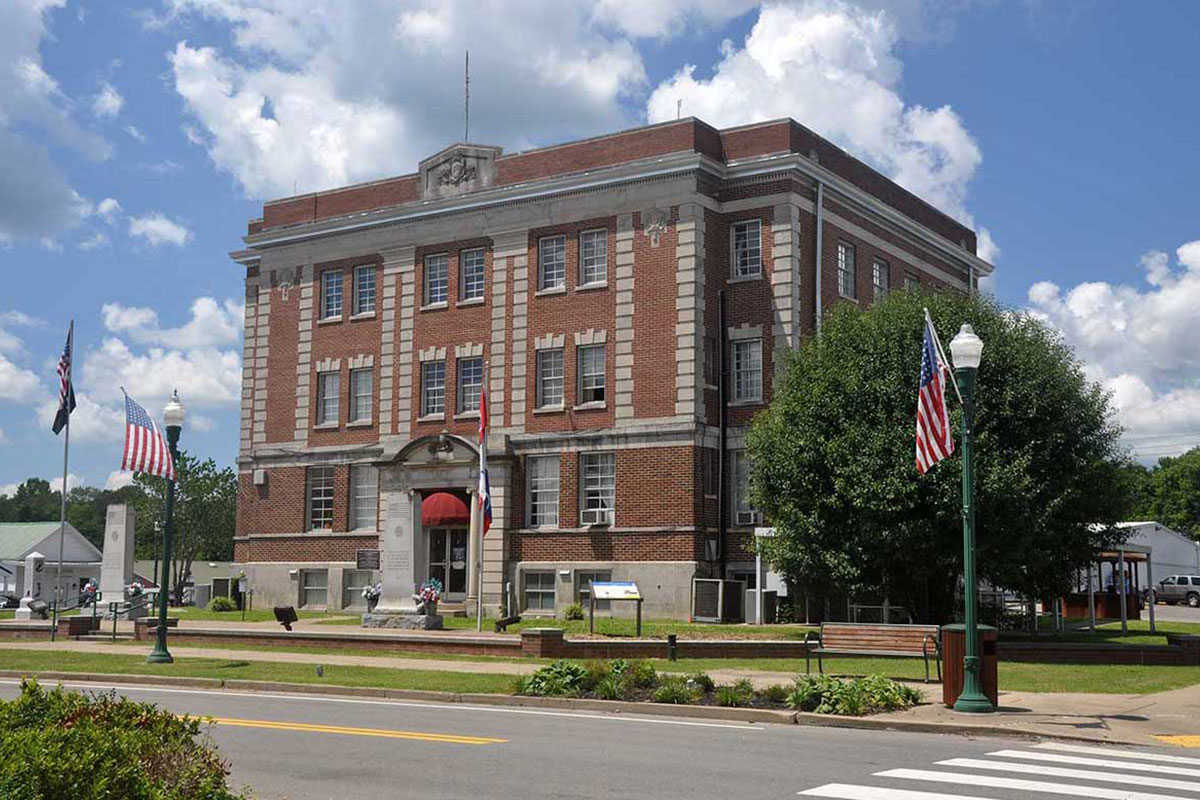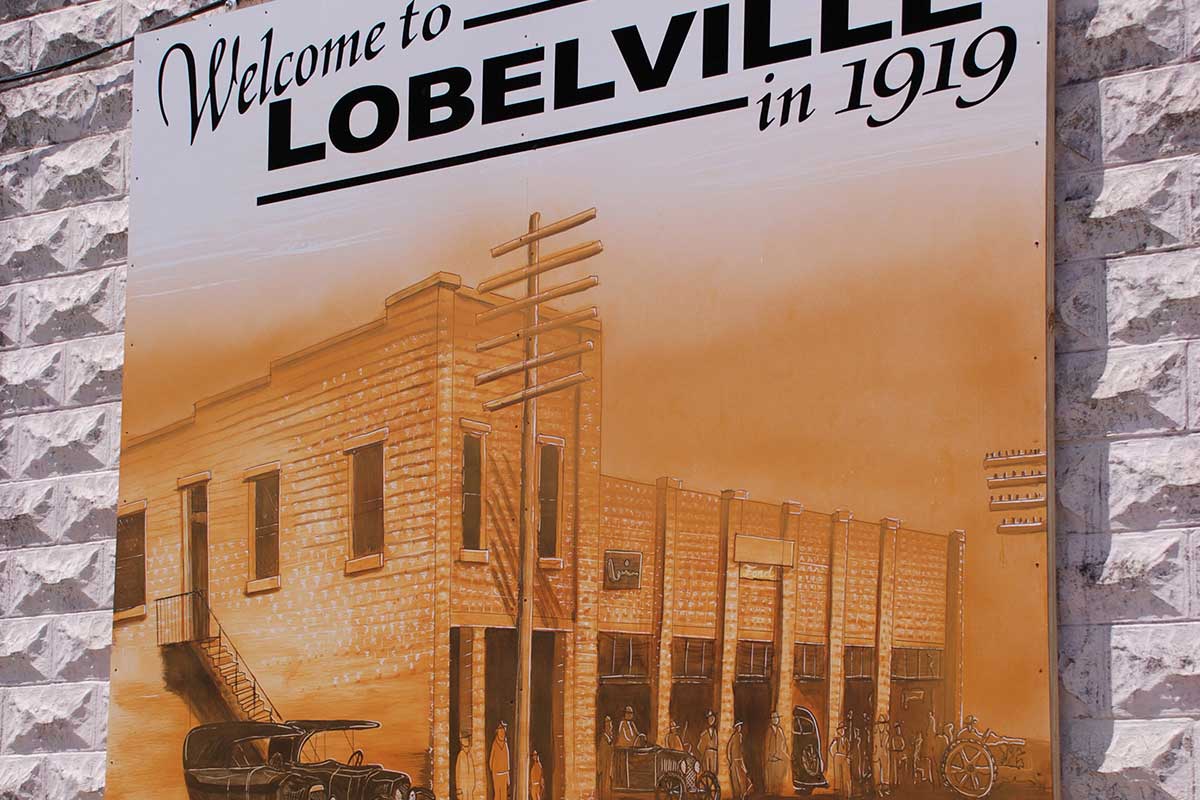
The Perry County Historical Society compiled a brochure for Perry County in 2018, which resulted in a Driving Tour Map. The settlement of Perry County goes back to the very early 1800's, and was divided several times as settlers moved westward. More information is available on the website for the Tennessee Historical Society page for Perry County, as compiled by Mr. Gus Steele, which makes for very interesting reading.
When the bridge on Hwy 13 leading to Flatwoods needed to be replaced, TDOT discovered the area was rich in Paleo-Indian artifacts that even date to the Historic era. Watch the video TDOT News created to finally explain what they were doing almost 10 years ago, that was a very hush hush project because of its importance to the history of this State.
Family cemeteries have been long considered the best way to research a family tree, and Perry County has over 125 burial sites, named after various families who settled Perry County even before it became an official county in Tennessee. Be sure to visit our website page where you will find links to the official TNGen website for Perry County.

The 110-acre Craig Farm was purchased by freed slaves Tapp and Amy Craig in 1871. In the six years between the end of the Civil War and 1871, Tapp Craig, of African American, Anglo, and American Indian ancestry, and his wife, Amy, also of mixed ancestry, continued to work on the Guthrie Farm and traded a yoke of oxen for the $150 down payment to purchase the 110-acre tract of land from Samuel Young on 25 December 1871.

The Bromley Hotel, also known as the residence of Dr. Richard Calvin Bromley, was built in 1909-1911 as a full service hotel for visiting tourists and others. It also served as his private residence and medical office. His wife, Ardilla (Fluty) Bromley, operated a millinery shop on the second floor. Located in the Flatwoods area, this structure is on the National Register of Historic Places.

Along the banks of the Buffalo River, in rural Perry County, lies a rich history. More than a decade ago, the Tennessee Department of Transportation unearthed thousands of prehistoric artifacts.

Linden is actually the fourth seat of government for Perry County. When the county was organized in 1819, it included what is now Decatur County on the western side of the Tennessee. The first court met at the home of James Dixon on Lick Creek, and then a site was chosen on the river for the county seat and named it “Perryville.” After the lands west of the river were ceded to Decatur County in 1846, the small settlement of Harrisburg, a few miles south of Linden, was made the new county seat. Two years later, county residents voted to move the county government to Linden.

As part of a project to preserve the history of Lobelville, a video was created from a slideshow made by Mr. Hugh Fisher, who would present his narrated slideshow to school children in the Lobelville schools. This video was created in 2007 by the Perry County Historical Society in conjunction with PatVB Web Design and the City of Lobelville.

The Battle of Beardstown, depicted in a mural painted in 2009 by Sonny Davis, stretched almost the entire way from Lobelville to Centerville, occupying the land where the Lobelville Golf Course now sits, giving it the nickname "The Running Battle to Centerville." Robert D. Anderson was a captain under command of General Forrest. There his men teamed up with Colonel Jacob Biffle, and help force the federal troops to Centerville.
Page 1 of 2